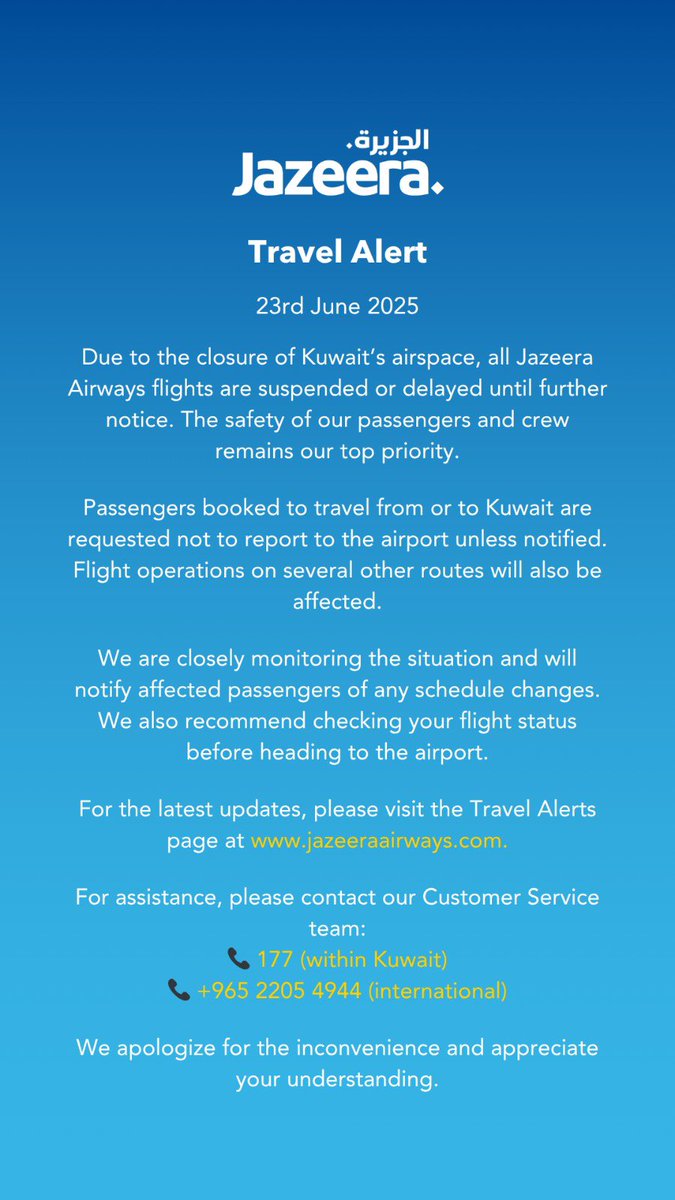
Qatar’s aviation sector is experiencing a period of remarkable transformation, fueled by record passenger growth, unprecedented financial performance, and a bold commitment to sustainability. Industry experts highlight a combination of factors ranging from digital innovation to strategic global partnerships that are rapidly elevating the country’s standing in the world of aviation.
Qatar Airways has achieved its strongest financial results to date, posting a net profit of QR7.85 billion ($2.15 billion) for the 2024–25 fiscal year, up QR1.7 billion from the previous year. The airline carried more than 40 million passengers, maintaining an impressive 83 percent load factor, and outperforming many leading global carriers. January 2025 alone saw a 27.4 percent increase in year-on-year passenger traffic, reaching 4.5 million travelers and signaling a robust and sustainable recovery.
“The data shows Qatar’s passenger segment is seeing a strong and broadly sustainable recovery in both volumes and yield,” said Khamis Abdullah Alkhelaifi, ICAO Ground Instructor and Aviation Analyst, in an interview with The Peninsula.
Qatar Airways Cargo, the world’s leading freight carrier, also reported a sharp rise in volumes in 2025 after a brief dip the previous year. Cargo revenue climbed 17 percent year-on-year, supported by heightened demand in Asia and Europe. In May 2025 alone, mail and freight volumes reached 220,000 tonnes a 4.7 percent increase over the same period last year. The airline’s focus on digitalization and adaptability has helped it maintain its position as a global cargo leader.
In a move that made industry headlines, Qatar Airways placed a historic order for up to 210 Boeing widebody aircraft, including the 777X and 787 Dreamliner, marking the largest such order in Boeing’s history. The airline is also modernizing its single-aisle fleet by pivoting toward the Airbus A321neo, sidelining the Boeing MAX. According to Alkhelaifi, “These orders signal long-term planning focused on fuel efficiency and network growth.”
Qatar Airways is further expanding its global reach through key investments and partnerships. It now owns 25 percent of Virgin Australia, enabling wet-lease operations from four major Australian cities and adding 2.65 million seats annually. New alliances with Philippine Airlines and a planned 49 percent stake in RwandAir are strengthening Qatar’s influence in the Asia-Pacific and African aviation markets. The country has signed bilateral agreements with 178 nations and became the first Gulf nation to secure a comprehensive aviation accord with the European Union.
Sustainability is a central focus for the airline’s future. Qatar Airways has committed to using 10 percent Sustainable Aviation Fuel (SAF) by 2030. In the 2023–24 fiscal year, the airline uplifted 3.9 million litres of neat SAF in Amsterdam over 5 percent of the total fuel on that route cutting lifecycle CO2 emissions by 94 percent. Qatar Airways is also part of the World Economic Forum SAF coalition and benefits from Qatar-based carbon offset programs approved under CORSIA.
Despite a drop in global oil prices to $86 per barrel in early 2025, Qatar Airways continues to face high local fuel costs, with fuel accounting for up to 30 percent of total operating expenses. The airline has called for more price support from QatarEnergy to help maintain its competitive edge.
With record passenger numbers, robust cargo growth, historic fleet investments, and ambitious sustainability initiatives, Qatar’s aviation industry is charting a new course on the global stage. As Alkhelaifi notes, the sector’s transformation is powered by “passenger growth, cargo strength, digital innovation, sustainability initiatives, and global partnerships” a combination that is rapidly redefining Qatar’s role in international aviation.

































.jpg)


















.jpg)

